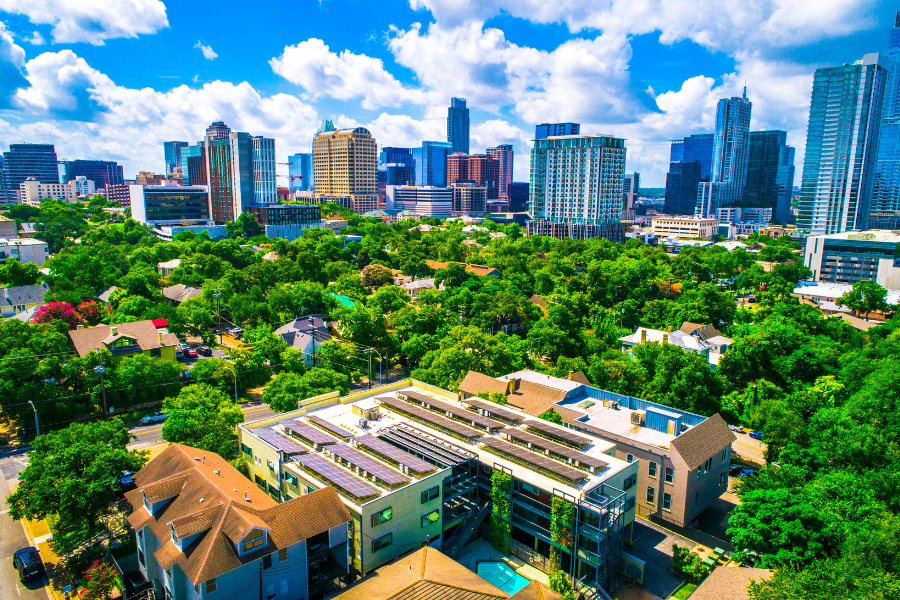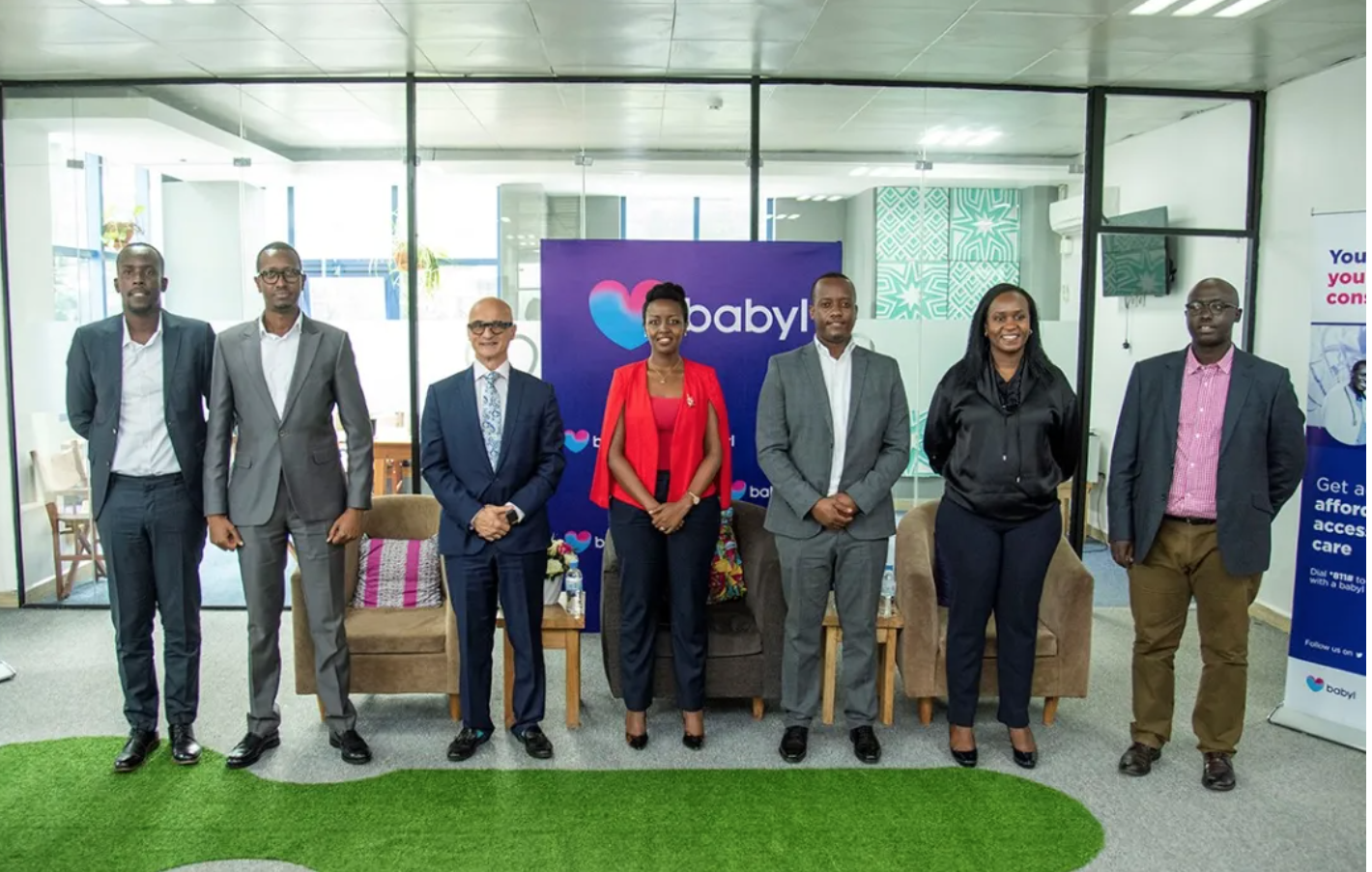As the world grapples with climate change and energy security challenges, Africa is emerging as an unexpected leader in leveraging artificial intelligence for energy conservation. Across the continent, governments, businesses, and communities are embracing AI-driven solutions to optimize energy consumption, reduce waste, and build more sustainable power systems.
The Energy Challenge in Africa
Africa faces a unique energy paradox. While the continent holds vast renewable energy potential—receiving more solar radiation than any other region—over 600 million Africans still lack access to electricity. Traditional approaches to energy infrastructure have proven costly and slow to implement, creating an opportunity for innovative, technology-driven solutions.
The continent’s energy consumption patterns are also evolving rapidly. Urban populations are growing, industrial activity is expanding, and middle-class households are increasingly adopting energy-intensive appliances. This growth trajectory makes energy conservation not just an environmental imperative, but an economic necessity.
AI-Powered Smart Grids
One of the most promising applications of AI in African energy conservation is the development of intelligent power grids. Countries like South Africa, Kenya, and Nigeria are implementing AI systems that can predict energy demand patterns, automatically balance supply and distribution, and identify inefficiencies in real-time.
These smart grids use machine learning algorithms to analyze consumption data from thousands of sources, weather patterns, and economic indicators to forecast energy needs hours or even days in advance. This predictive capability allows utilities to optimize power generation, reducing waste from overproduction and minimizing the need for expensive backup power sources.
In South Africa, Eskom has begun piloting AI systems that can detect equipment failures before they occur, preventing costly outages and extending the lifespan of critical infrastructure. Similar initiatives in Ghana and Morocco are showing promising results in reducing transmission losses—a significant source of energy waste across the continent.
Building-Level Intelligence
Beyond grid management, AI is transforming energy conservation at the building level. Smart building systems powered by AI are being deployed in commercial centers, hospitals, and residential complexes across major African cities. These systems continuously monitor occupancy patterns, ambient conditions, and equipment performance to optimize heating, cooling, and lighting systems automatically.
In Lagos, Nigeria’s commercial hub, several office complexes have reported energy savings of 20-30% after implementing AI-driven building management systems. The technology adjusts air conditioning based on occupancy sensors, optimizes lighting according to natural sunlight availability, and even schedules equipment maintenance during off-peak hours to reduce energy consumption.
Agricultural Applications
Agriculture, which employs over 60% of Africa’s workforce, is another sector where AI is driving energy conservation. Smart irrigation systems use AI to analyze soil moisture levels, weather forecasts, and crop growth patterns to optimize water pumping schedules. This not only conserves water but significantly reduces the energy required for irrigation.
In countries like Kenya and Ethiopia, smallholder farmers are accessing AI-powered advisory services through mobile platforms that recommend optimal planting times and resource usage patterns to maximize crop yields while minimizing energy-intensive inputs like fertilizers and mechanized farming.
Industrial Efficiency
African manufacturers are increasingly adopting AI to optimize their energy consumption. In Morocco’s automotive industry, factories use AI systems to monitor production lines and adjust equipment operation to minimize energy waste during manufacturing processes. These systems can identify patterns in energy usage that human operators might miss, leading to substantial cost savings.
Mining companies across the continent—from copper mines in Zambia to gold operations in Ghana—are implementing AI-driven systems to optimize the energy-intensive processes of extraction and processing. By analyzing geological data and equipment performance in real-time, these systems can reduce energy consumption while maintaining or even increasing production efficiency.
Renewable Energy Optimization
AI is proving particularly valuable in maximizing the efficiency of renewable energy installations. Solar and wind power systems across Africa are increasingly equipped with AI controllers that can predict weather patterns and adjust energy capture and storage accordingly.
In Egypt’s massive Benban Solar Park, AI systems monitor individual solar panels and can identify underperforming units, dust accumulation, or shading issues that reduce energy generation efficiency. This proactive maintenance approach ensures maximum energy capture while extending equipment lifespan.
Challenges and Opportunities
Despite these promising developments, Africa’s AI-driven energy conservation efforts face several challenges. Limited internet connectivity in rural areas, shortage of technical expertise, and high initial investment costs remain significant barriers. However, innovative financing models, including partnerships with international development organizations, are helping overcome these obstacles.
The continent’s young, tech-savvy population represents a tremendous asset in developing and implementing AI solutions. Universities across Africa are increasingly offering specialized programs in energy informatics and AI applications, creating a pipeline of skilled professionals to support the industry’s growth.
Looking Ahead
As AI technology becomes more accessible and affordable, its adoption for energy conservation across Africa is expected to accelerate dramatically. The combination of urgent energy needs, abundant renewable resources, and growing technological capabilities positions the continent to become a global leader in sustainable energy innovation.
The success of AI-driven energy conservation in Africa could provide valuable lessons for other developing regions facing similar challenges. By embracing technology to leapfrog traditional energy infrastructure limitations, Africa is not just solving its own energy problems—it’s pioneering solutions that could benefit the entire world.
The continent’s journey toward AI-powered energy conservation represents more than just technological advancement; it embodies a vision of sustainable development that balances economic growth with environmental responsibility. As these initiatives continue to expand and mature, Africa may well become the proving ground for the next generation of global energy solutions.




